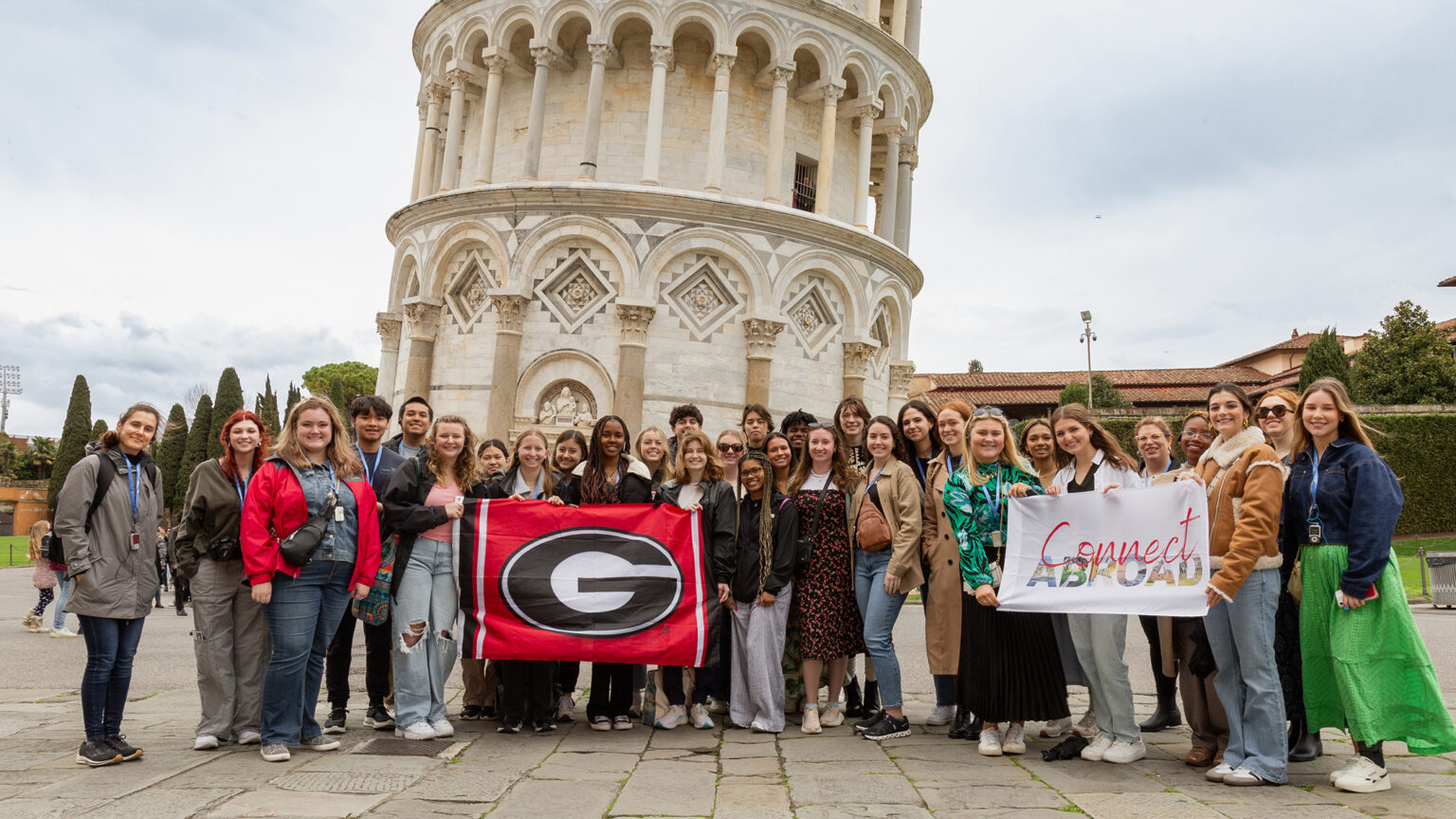by 1st Lt. Michael Thompson, 78th Homeland Response Force and Merritt Melancon, public relations coordinator for CAES UGA
Members of the Georgia National Guard’s Agribusiness Development Team II returned home to middle Georgia this weekend after a 10-month deployment working with farmers in Afghanistan.
University of Georgia College of Agricultural and Environmental Sciences faculty helped train the team in 2011 before they deployed in early spring 2012.
“We’re glad they’ve all made it home safely, and we hope that the training that we provided helped them in completing their mission,” said Steve Brown, the college’s assistant dean for Extension.
The Georgia National Guard made a three-year commitment to provide Agribusiness Development Teams in Afghanistan, and CAES has helped all three. The first team deployed to southeastern Afghanistan in the spring of 2011 and returned home in May 2012. The second group, ADT II, left in early spring 2012 and just returned home. Georgia ADT III deployed to Afghanistan earlier this year.
ADT II, which was made up of citizen soldiers from the 265th Regional Support Group, spent their time working with Afghani farmers and agricultural officials to build a more sustainable food system for the country. Periodically, they would send updates back to Brown and some of the other faculty who helped trained them.
Their mission was to have a long-term impact on the Afghan food system, but it turns out they started seeing results fairly quickly.
“Because of this team’s results, fall harvest wheat yields increased from 450 kilograms per jerib to 900 kilograms per jerib using the improved wheat seed that was grown,” Col. Craig McGaillard, Agribusiness Development Team II commander, said at a welcome home ceremony Saturday in Metter, Ga.
In Afghanistan, the jerib is approximately one-fifth of a hectare, but can vary by region.
The Women’s Initiative Training Team could be considered one of the more successful endeavors for the ADT. Usually led by a female soldier, its purpose is to help the women of Afghanistan establish sound agribusiness practices, from seed to market. When Georgia ADT II WITT took over from ADT I, it faced some challenges. The most important among these was building relationships with the female Afghan leaders.
In preparation for this deployment, the Georgia Guardsmen learned more Pashto and Dari at the language lab at Clay National Guard Center.
The college also adjusted its training to teach crop management strategies, marketing and technologies that were known to work in arid, low-resource regions like Afghanistan.
“There is not really a class for this type of mission, it was all ad-hoc training,” said Master Sgt. David McElwee. “So the training with UGA really helped us when we got into the country.”
The ADT entered local meetings with the goal of observing agricultural methods handed down for thousands of years and working with locals to come up with alternative methods to get the most out of their agricultural programs. This included cooperative training, business training, canning, jarring, food preservation and poultry training. Agricultural training conducted by ADT II directly impacted an estimated 650,000 Afghans in the Logar and Wardak provinces.
The 56-soldier unit planned, initiated and executed more than 21 commander emergency response agribusiness related projects in both the Logar and Wardak provinces. This included managing eight watershed restoration projects and more than 50 other projects.



